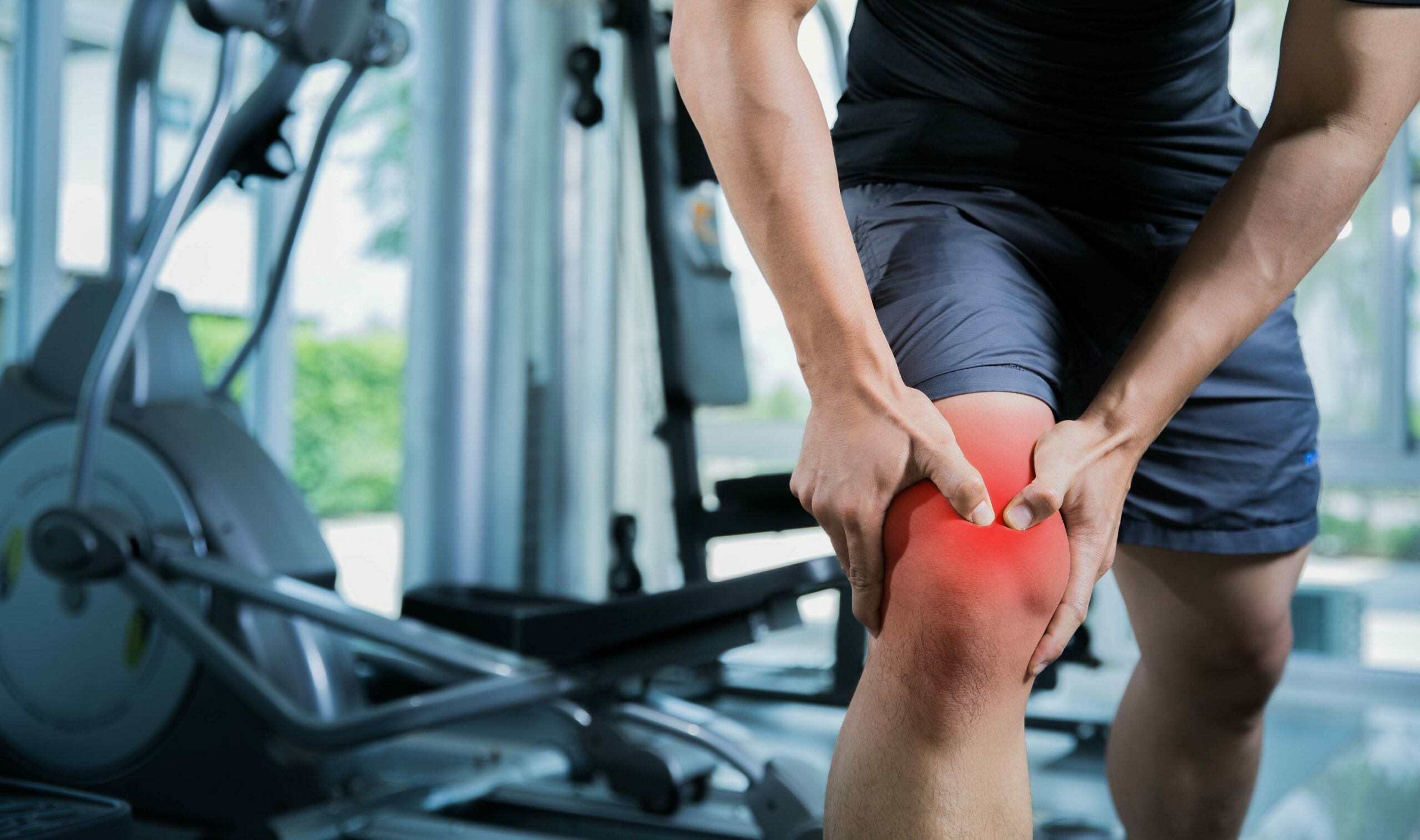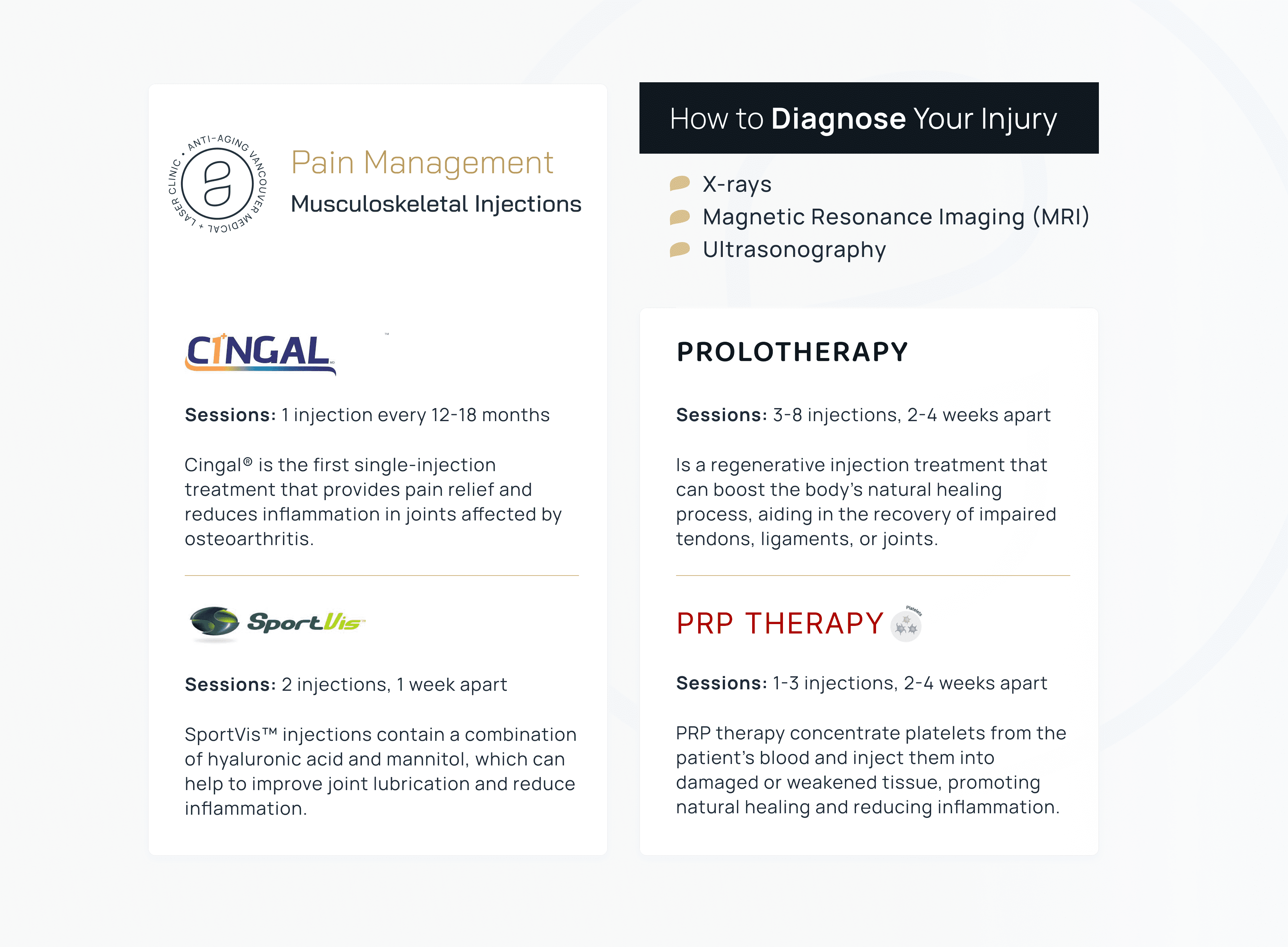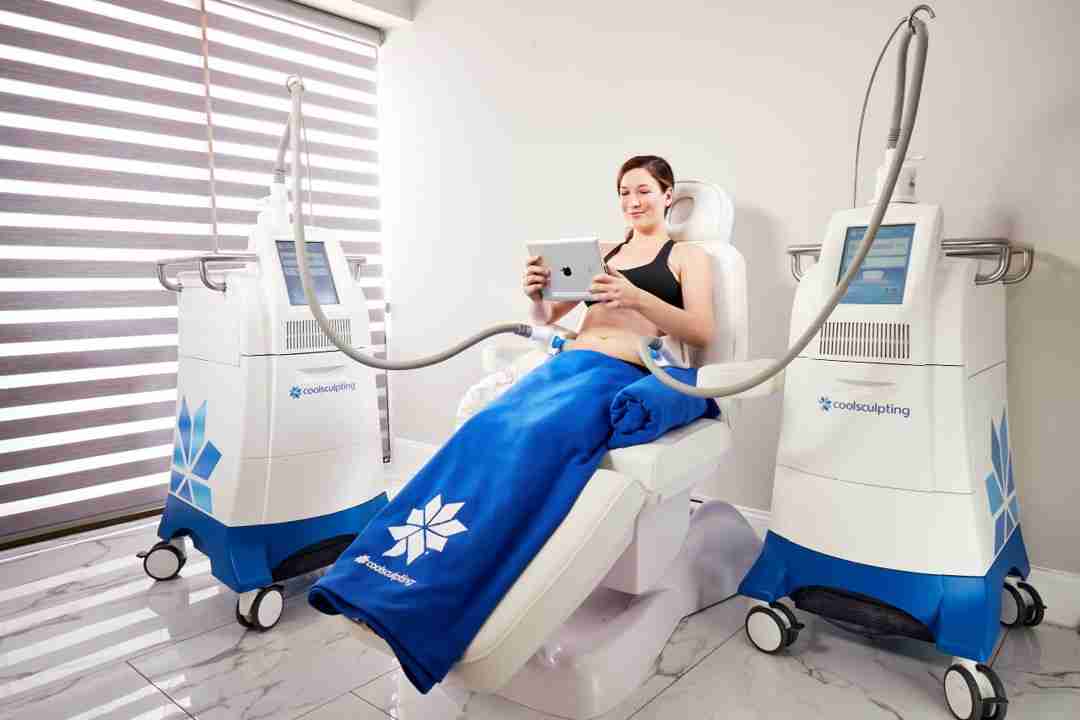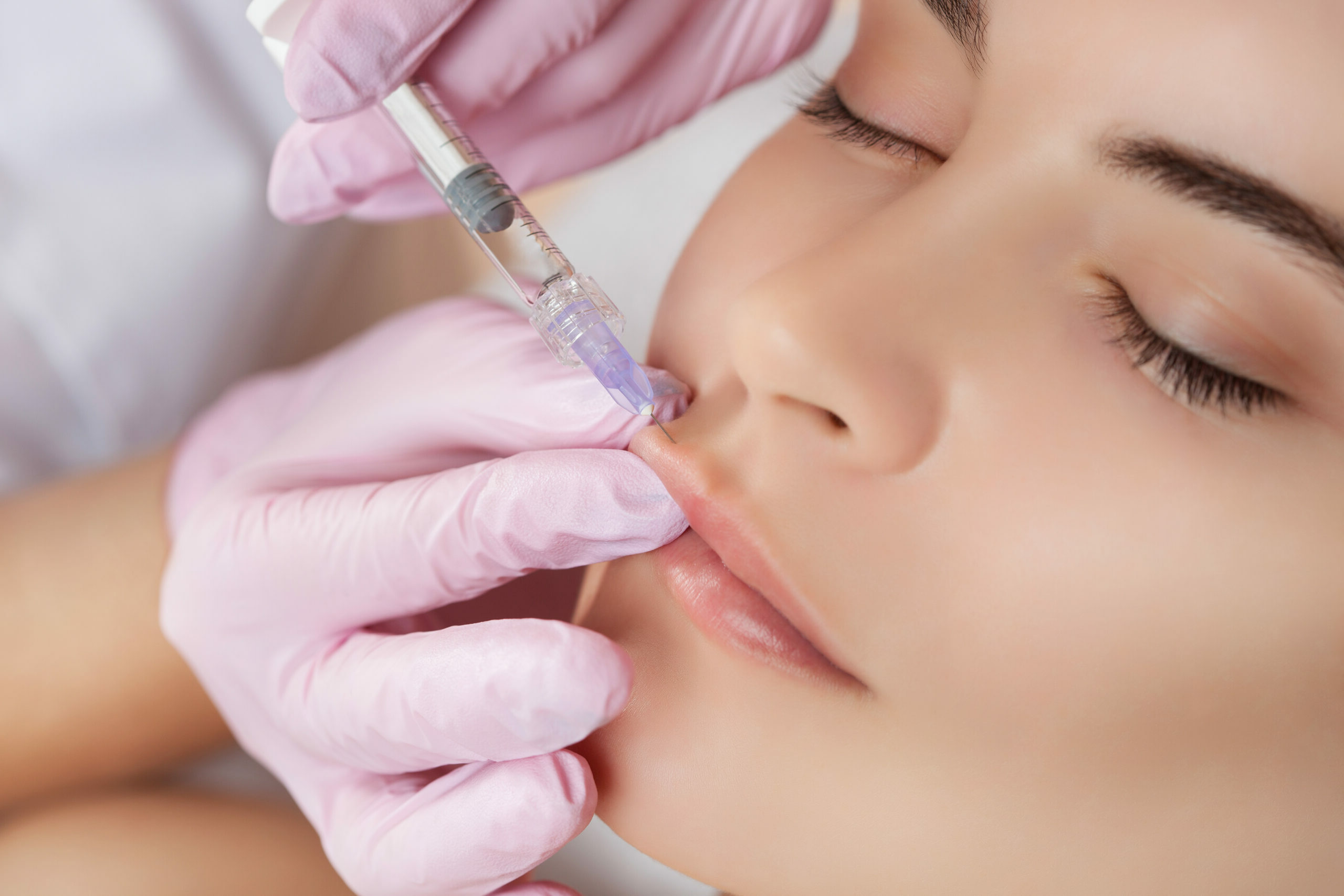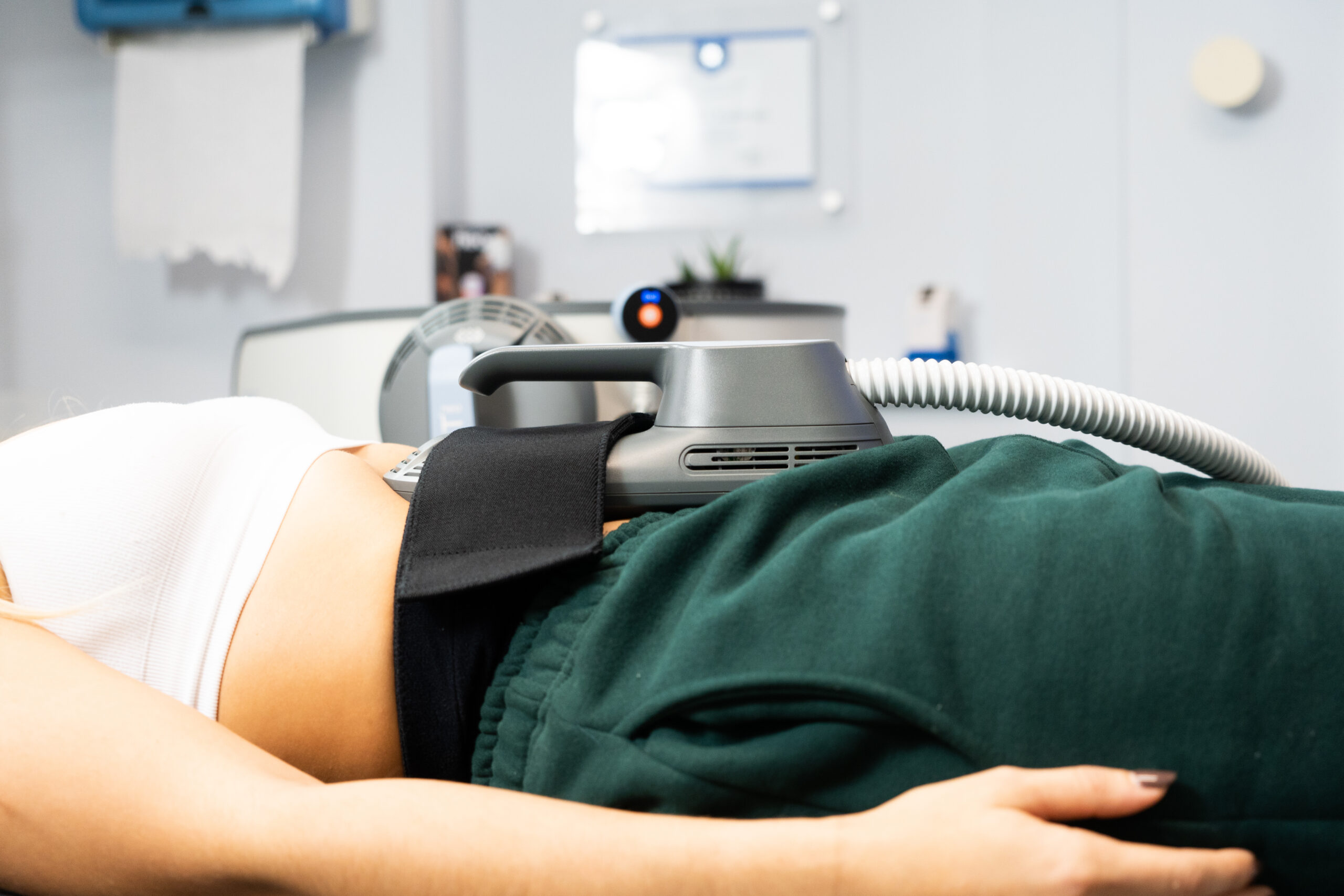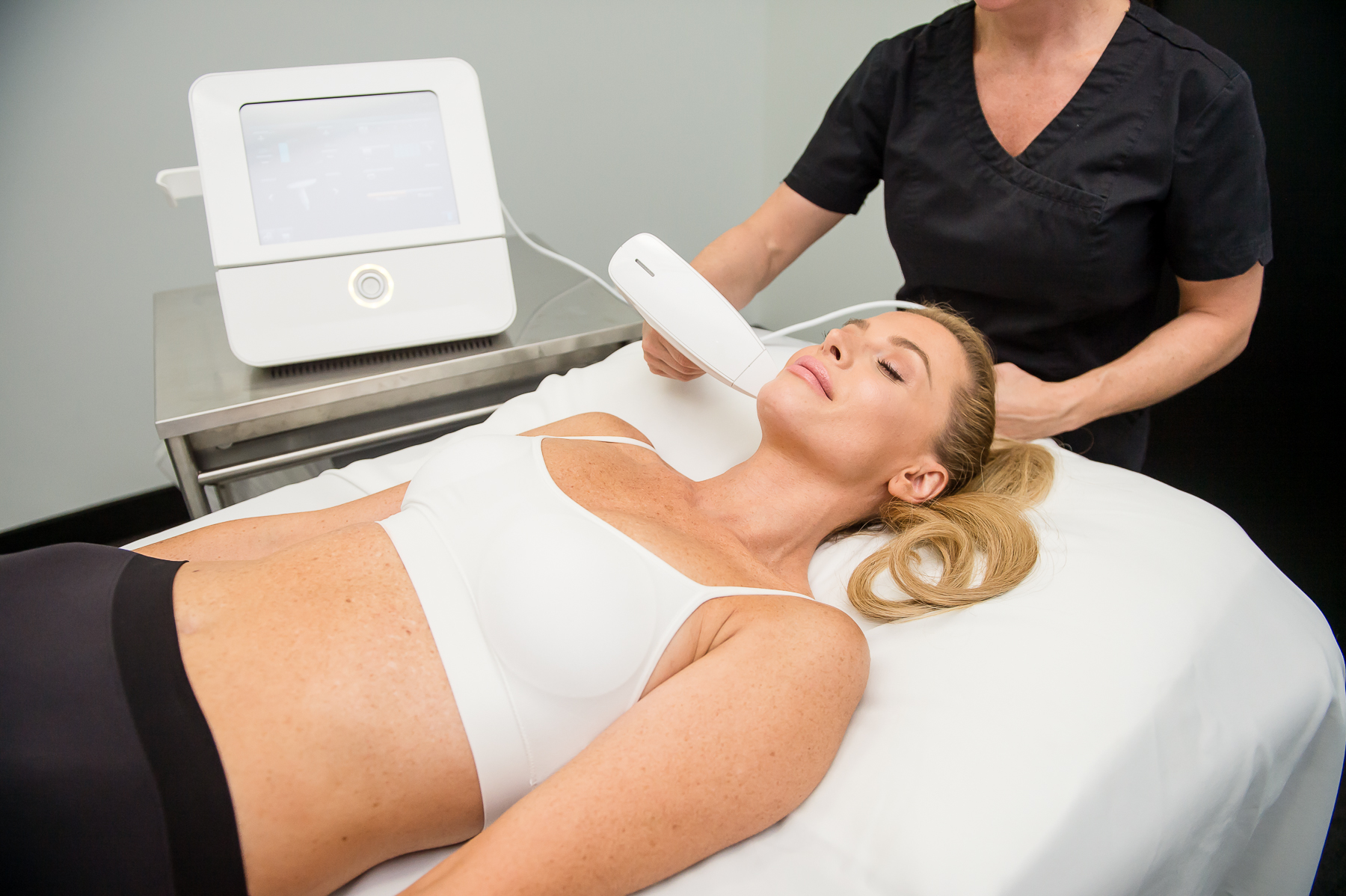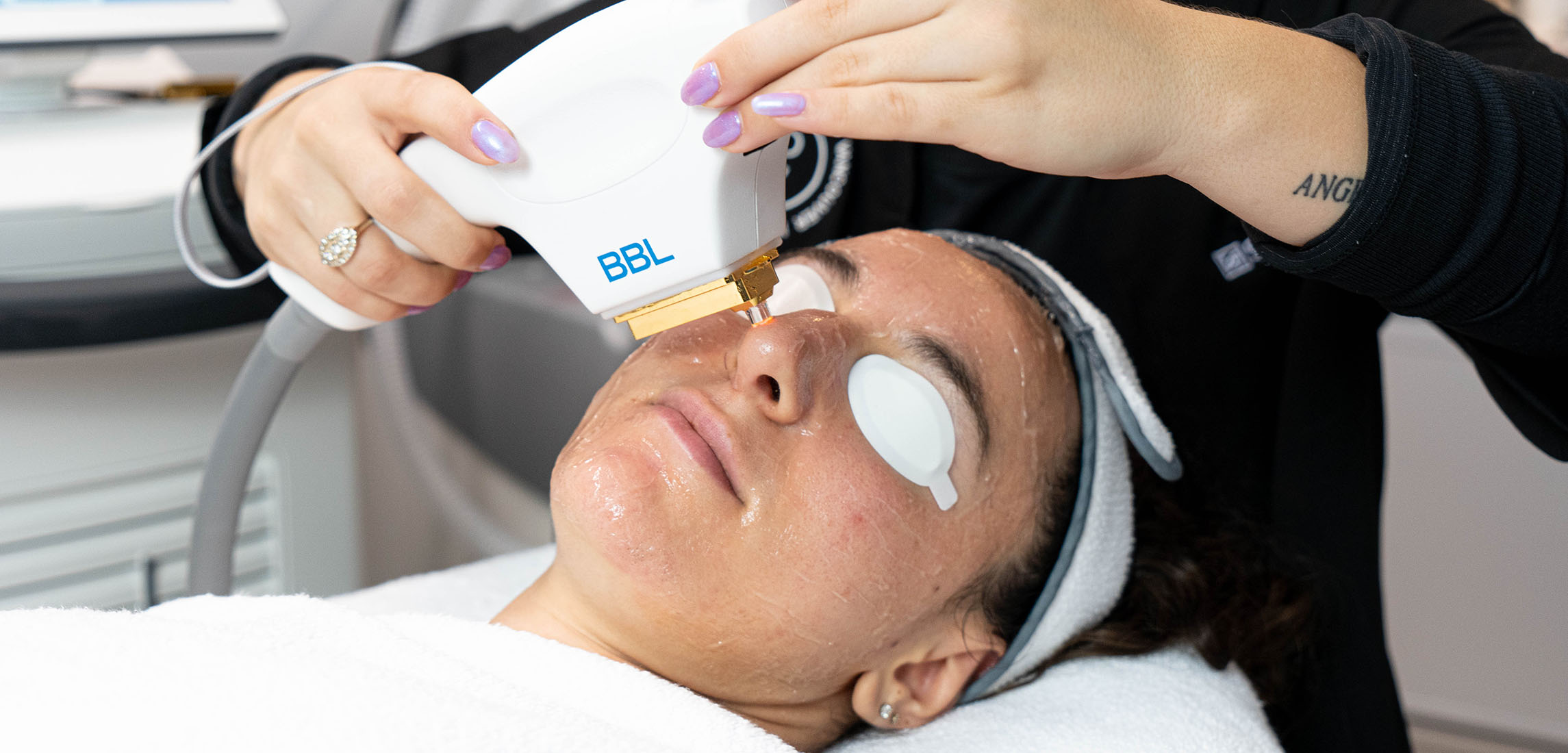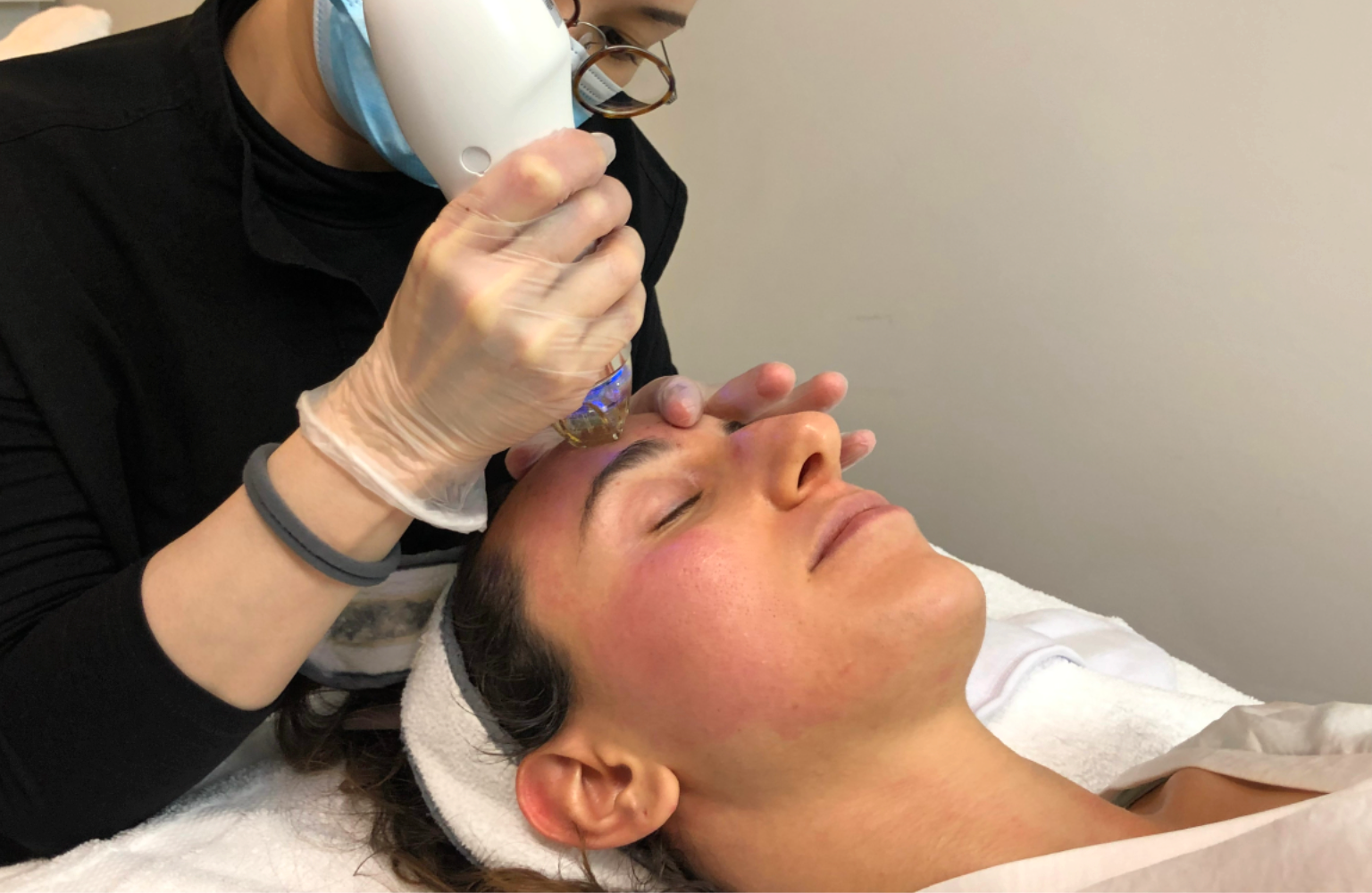BENEFITS
Real-time Precision: Ultrasound guidance ensures accurate injection delivery.
Pain Reduction: Ultrasound-guided injections minimize nerve impact, enhancing comfort.
Enhanced Safety: Ultrasound guidance reduces complications and ensures precise needle placement.
Increased Satisfaction: Patients find greater contentment with reduced pain and improved long-term relief.

Treatable Areas
Musculoskeletal (MSK) injections can be administered to alleviate pain and inflammation in the ligaments, tendons, and joints of various body parts such as the shoulder, elbow, wrist, hands, ankles, and feet. While a GP referral is not necessary, patients are expected to have undergone medical evaluation and diagnosis beforehand.
Please note: X-rays must be taken before consulting with Anti-Aging, and additional imaging tests such as ultrasound, MRI, or MRA may also required. We do NOT treat neck, back and hip conditions.
RESULTS
The results of musculoskeletal injections can vary depending on the individual patient and the specific condition being treated. In general, patients may experience a reduction in pain, swelling, and inflammation in the affected area. The injections can also improve mobility and range of motion in the joint or affected area, allowing patients to perform daily activities with less discomfort.
All treatments are administered by Dr. Teri Fisher, who is a highly skilled and experienced aesthetic and sports medicine physician. All MSK injections are conducted under ultrasound guidance, enabling precise targeting of the treatment area for increased injection accuracy and efficacy.
To learn more about Dr. Teri Fisher, click here.
Assessment Process
Steps to take if diagnosis or x-rays are not available
Please see your family doctor or make an appointment at Old Orchard Medical Clinic for an initial assessment/diagnosis and to get x-rays done. Please have your x-rays (and other imaging studies) done at one of the local hospitals or at one of the West Coast Medical Imaging locations. This will ensure that we will be able to access your x-rays online when you come to our clinic.
The closest West Coast Medical Imaging clinic to our clinic is the Arbutus location at:
2184 West Broadway, Unit #390
Vancouver, BC V6K 2E1
Phone: 604-731-2200
Requirements for patients with prior diagnosis and x-rays
If you possess prior imaging reports, kindly get in touch with us to book your personal musculoskeletal injection evaluation with Dr. Fisher. Please be sure to bring any imaging reports that you have (e.g. x-rays, ultrasounds, MRI, MRA, CT scans), particularly if they were not done at one of the locations listed above.
At the consultation, Dr. Fisher will review your history, do a focused sports medicine physical exam, review your imaging, discuss your diagnosis, outline the pros and cons of the various injections, and make a recommendation of the type of injections that would be the most appropriate for your condition.
Depending on your specific situation, Dr. Fisher will either go ahead and perform the ultrasound-guided injection at that time, or we will schedule a future appointment for the injection (and for subsequent injections, if necessary).
A follow-up appointment (included in the injection fee) will be scheduled approximately 2 weeks after your final injection.
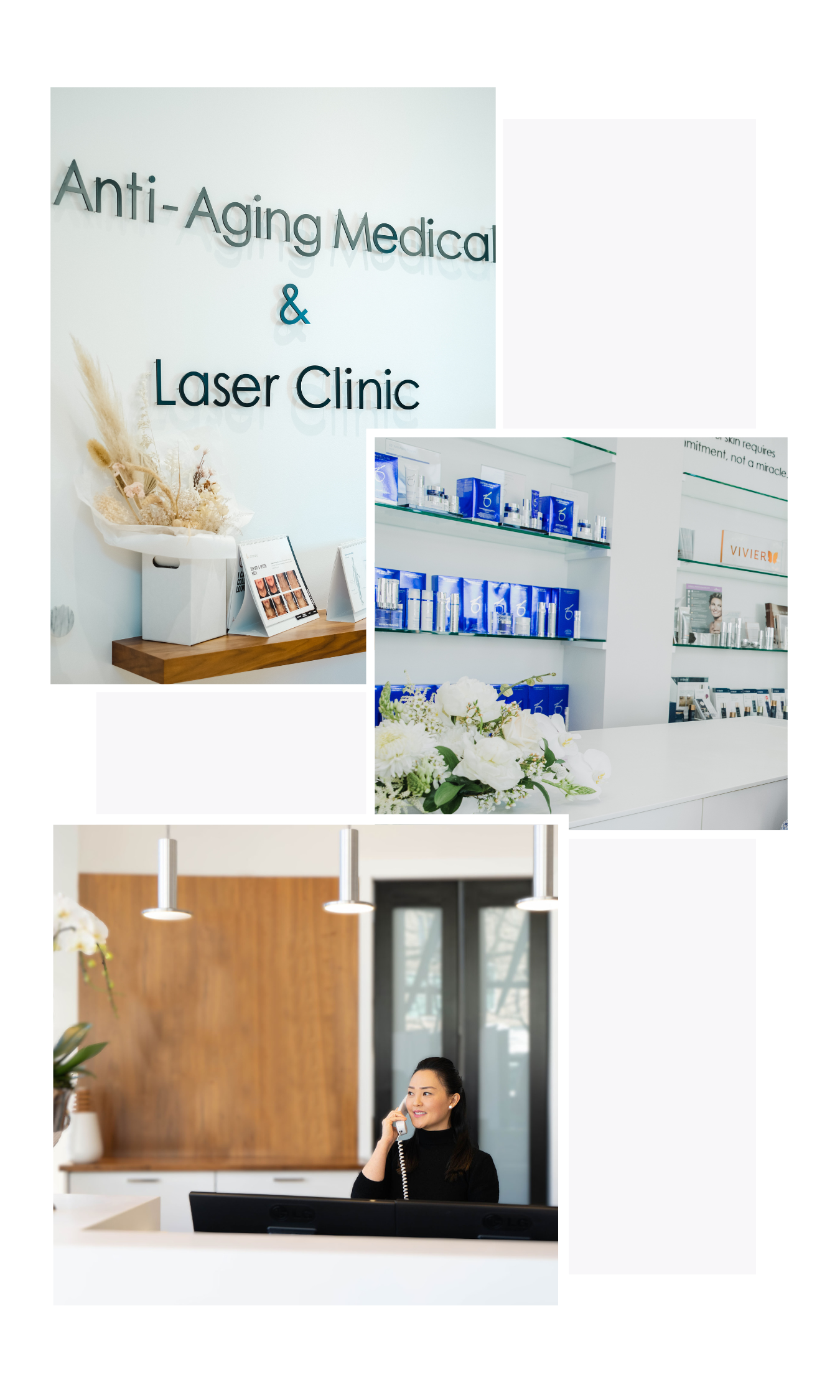
Frequently asked questions
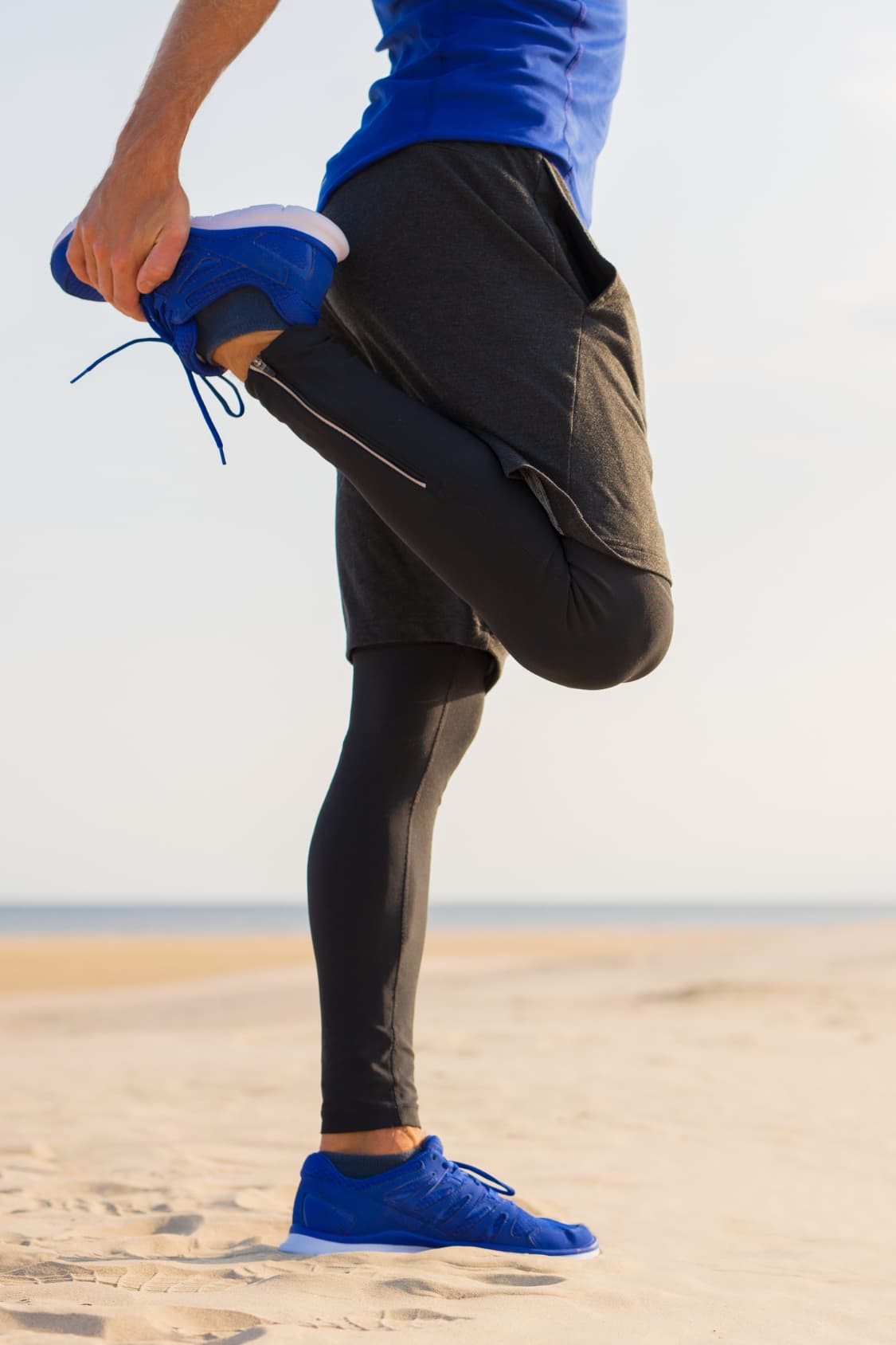
Additionally, before the consultation, patients are required to have X-rays taken, and in some cases, an ultrasound, MRI, or MRA may also be necessary. This is important for the medical team at Anti-Aging to get a clear understanding of the patient’s condition and to determine the most effective course of treatment.
– Pregnant or breastfeeding women due to safety concerns.
– Patients with active cancer are excluded due to potential risks and complications.
– Patients with neck, back, or hip pain and chronic pain syndromes.
– Patients who have undergone surgery to the affected area within one month before or after consultation as treatment may interfere with the recovery process.
It is important for patients to be aware of these criteria when seeking treatment and to disclose any relevant medical information to the medical team during the consultation.
Typically, individuals exhibit positive reactions to the treatment, witnessing a decrease in pain, swelling, and inflammation in the impacted region. Moreover, the injections may enhance joint movement and mobility, enabling patients to carry out everyday tasks with less discomfort. Dr. Fisher’s use of ultrasound guidance helps to ensure that the injections are safe and minimizes the risk of complications.
Anti-inflammatory drugs to AVOID include:
– Steroidal anti-inflammatory drugs: e.g. cortisone and prednisone
– Nonsteroidal anti-inflammatory (NSAID) drugs: e.g. Advil/Motrin (ibuprofen)
– Aleve (naproxen)
– Aspirin (ASA)
– Celebrex (celecoxib)
– Voltaren (diclofenac), or any other NSAID.
– Other supplements with anti-inflammatory properties: e.g. boswellia, white willow, curcumin/turmeric, or Omega-3 fish oils.
– Active infection at the injection site or in the body.
– Certain skin conditions, such as eczema or psoriasis.
– Allergy to any of the substances used in the prolotherapy treatment.
– Certain blood disorders, such as bleeding or clotting problems.
– Pregnancy or nursing.
– Pre-existing medical conditions (e.g. diabetes, heart disease) may pose a higher risk of complications.
– Minimal or no effect from the treatment.
– Local bruising and/or bleeding at the injection site.
– Minor aching at the injection site.
– Immediate pain at the injection site and/or post-therapeutic pain flare, lasting up to 3-4 days or more. Occasionally this may be severe, however it usually lasts only 4–24 hours and is treated with Tylenol or other analgesia (NOT anti-inflammatories).
– Allergic reaction to any of the substances used during the procedure, such as the dressing, local anaesthetic or antiseptic.
– Dizziness or fainting.
– Infection. Infections take at least a day or two to manifest. If you develop fever, chills, redness or heat in the injected area after 48 hours, go to Urgent Care/ER urgently.
Temporary or permanent muscle, nerve, or other tissue injury (extremely rare).
– Active infection at the injection site or in the body.
– Certain skin conditions, such as eczema or psoriasis.
– Allergy to any of the substances used in the prolotherapy treatment.
– Certain blood disorders, such as bleeding or clotting problems.
– Pregnancy or nursing.
– Pre-existing medical conditions (e.g. diabetes, heart disease) may pose a higher risk of complications.
– Minimal or no effect from the treatment.
– Local bruising and/or bleeding at the injection site.
– Minor aching at the injection site.
– Immediate pain at the injection site and/or post-therapeutic pain flare, lasting up to 3-4 days or more. Occasionally this may be severe, however it usually lasts only 4–24 hours and is treated with Tylenol or other analgesia (NOT anti-inflammatories).
– Allergic reaction to any of the substances used during the procedure, such as the injection, dressing, local anesthetic or antiseptic.
– Dizziness or fainting.
– Infection. Infections take at least a day or two to manifest. If you develop fever, chills, redness or heat in the injected area after 48 hours, go to Urgent Care/ER urgently.
Temporary or permanent muscle, nerve, or other tissue injury (extremely rare).
– Refrain from applying ice or heat to the injection site for the first three days.
– If you wish to take a hot shower or bath, limit the duration to less than 10 minutes.
– Do not use lotions, oils, or makeup on the injection site for six hours.
– It is advisable to abstain from smoking or drinking alcohol for at least three days after the procedure.
Rest for 3 days after injection but do not immobilize the treated joint. Gentle movement and stretching are important for healing ligaments and tendons. It’s always important to use pain as a guide for the appropriate level of activity. If you do experience pain, you may take analgesic medication that is not an anti-inflammatory, such as over-the-counter options like Tylenol.
